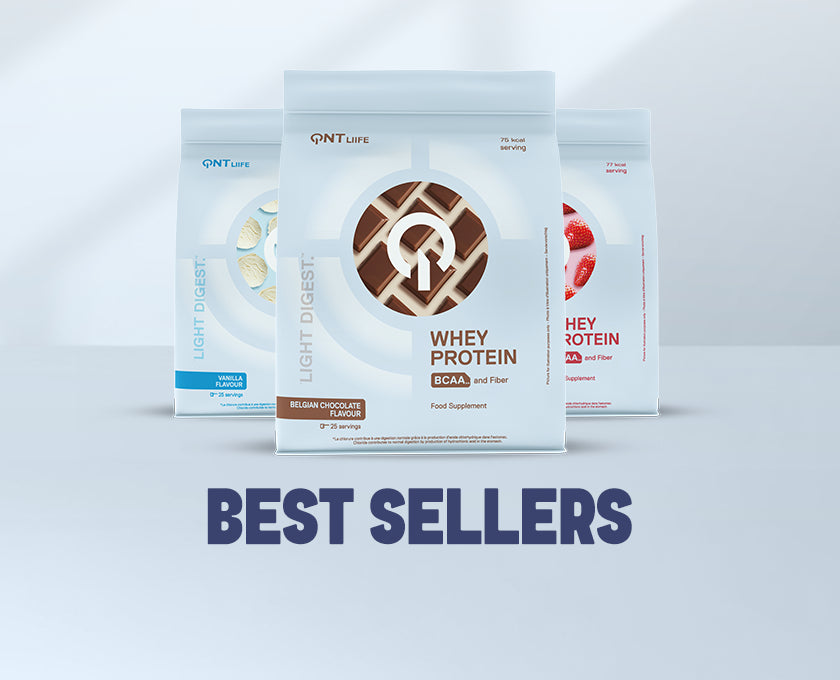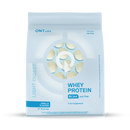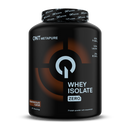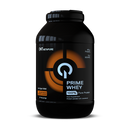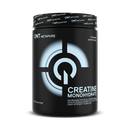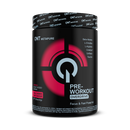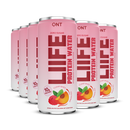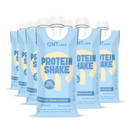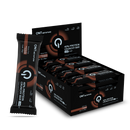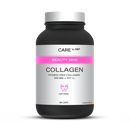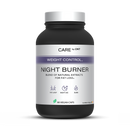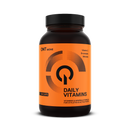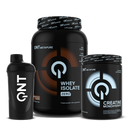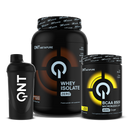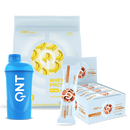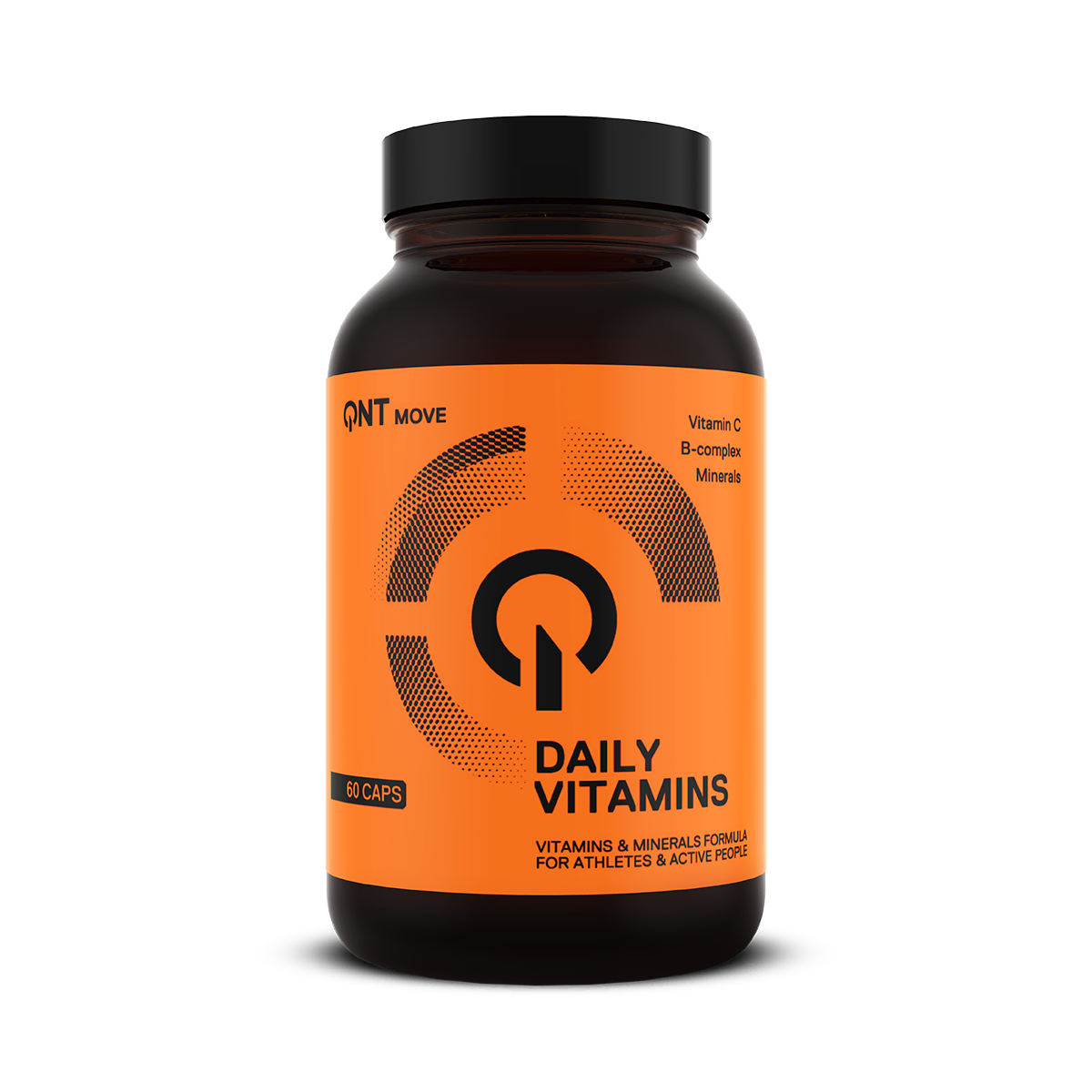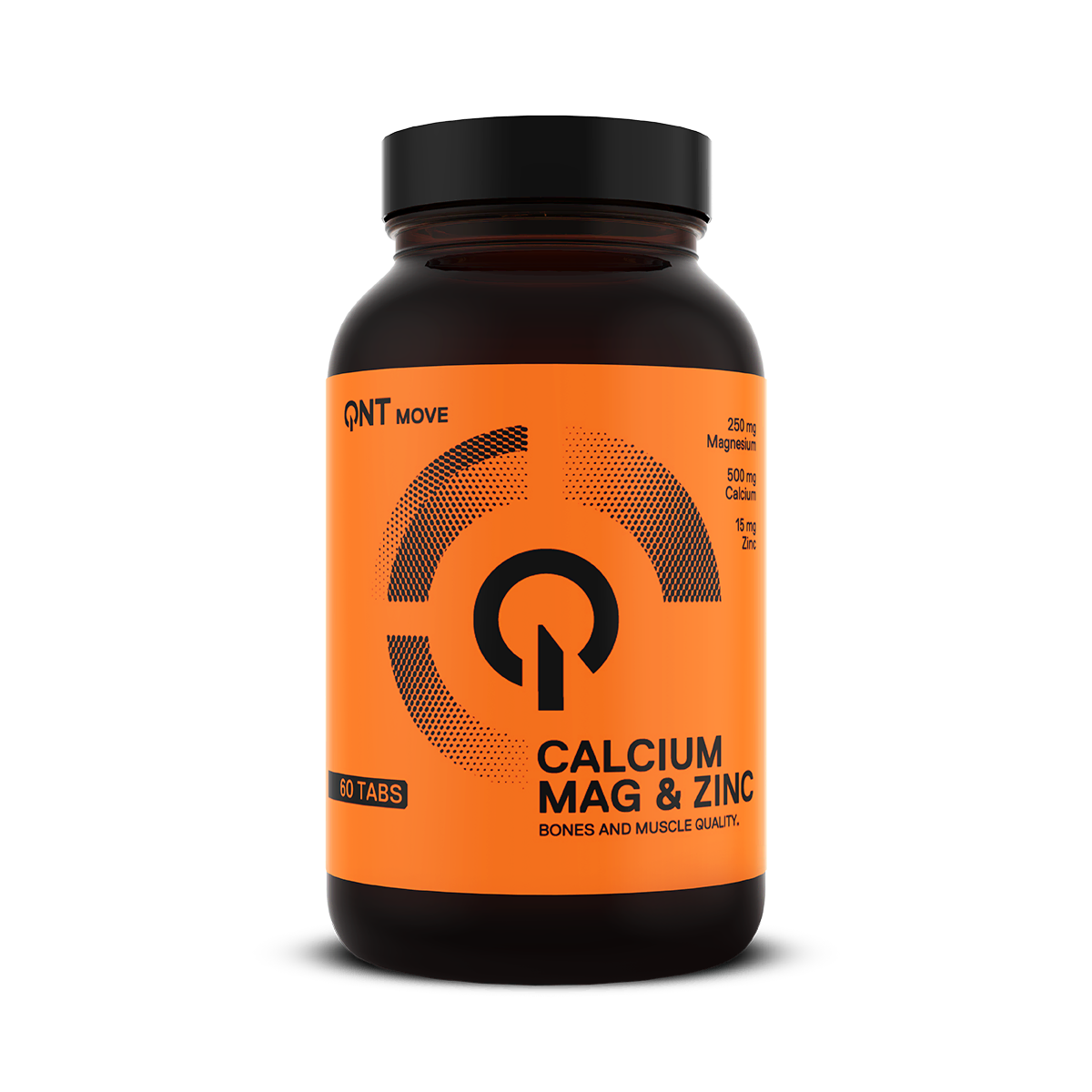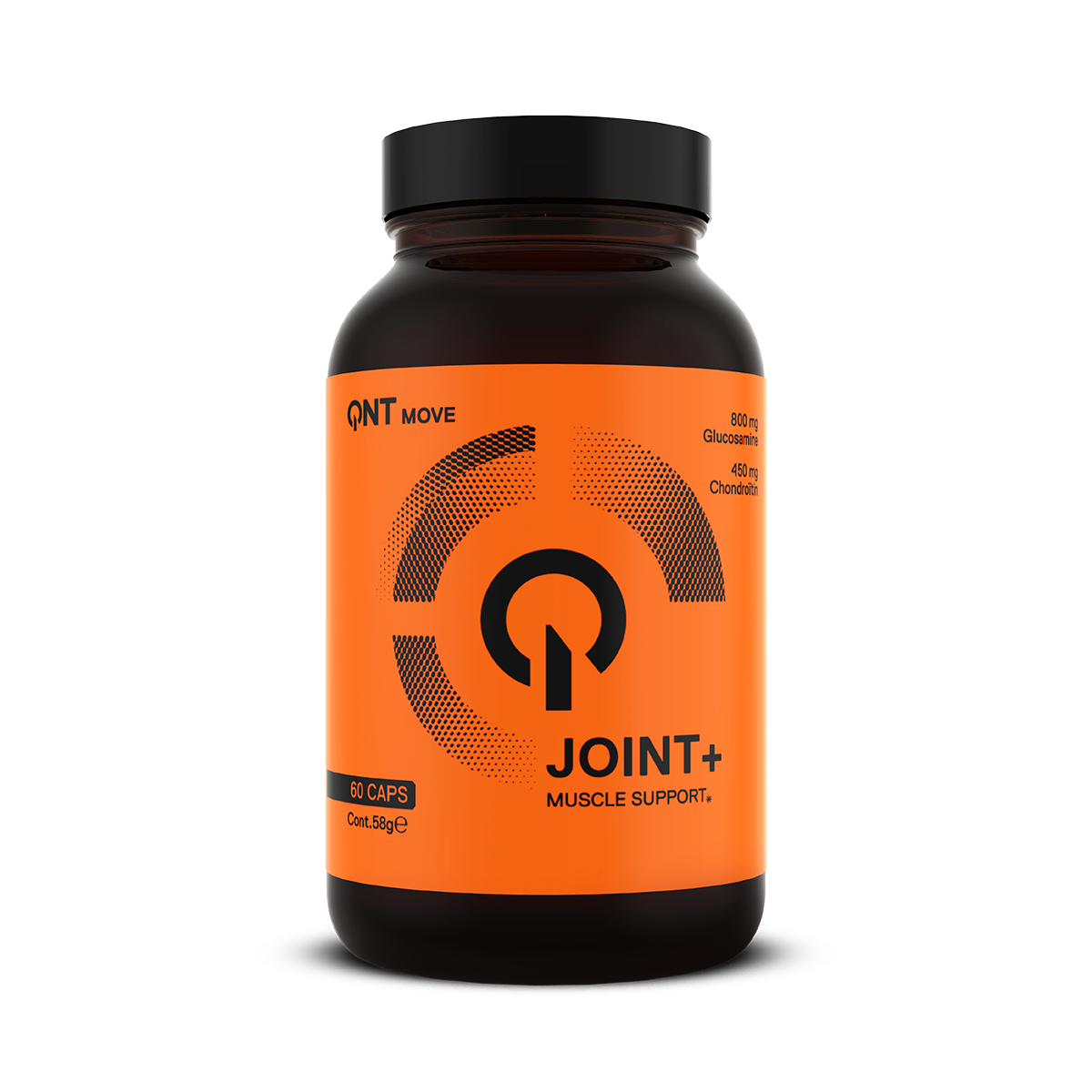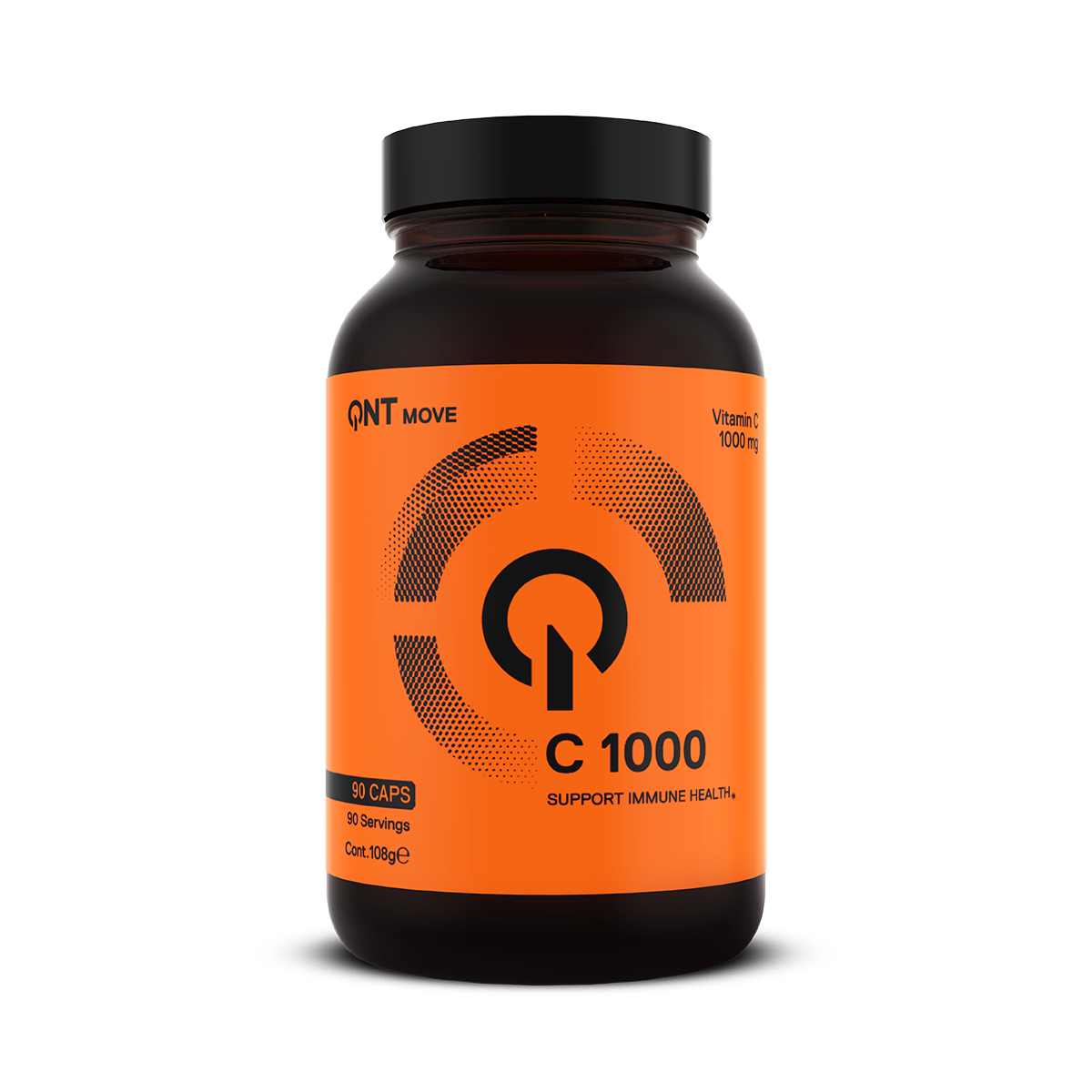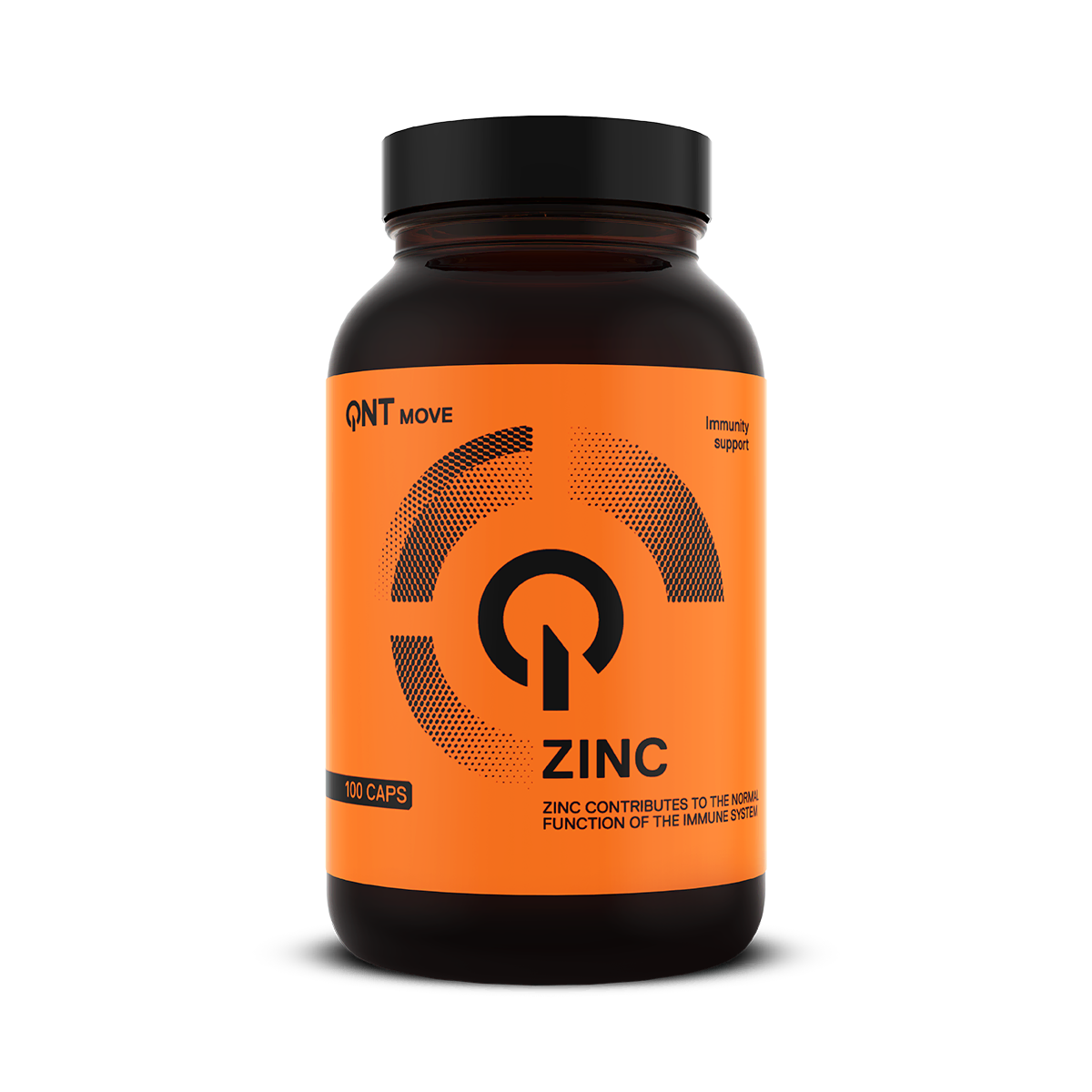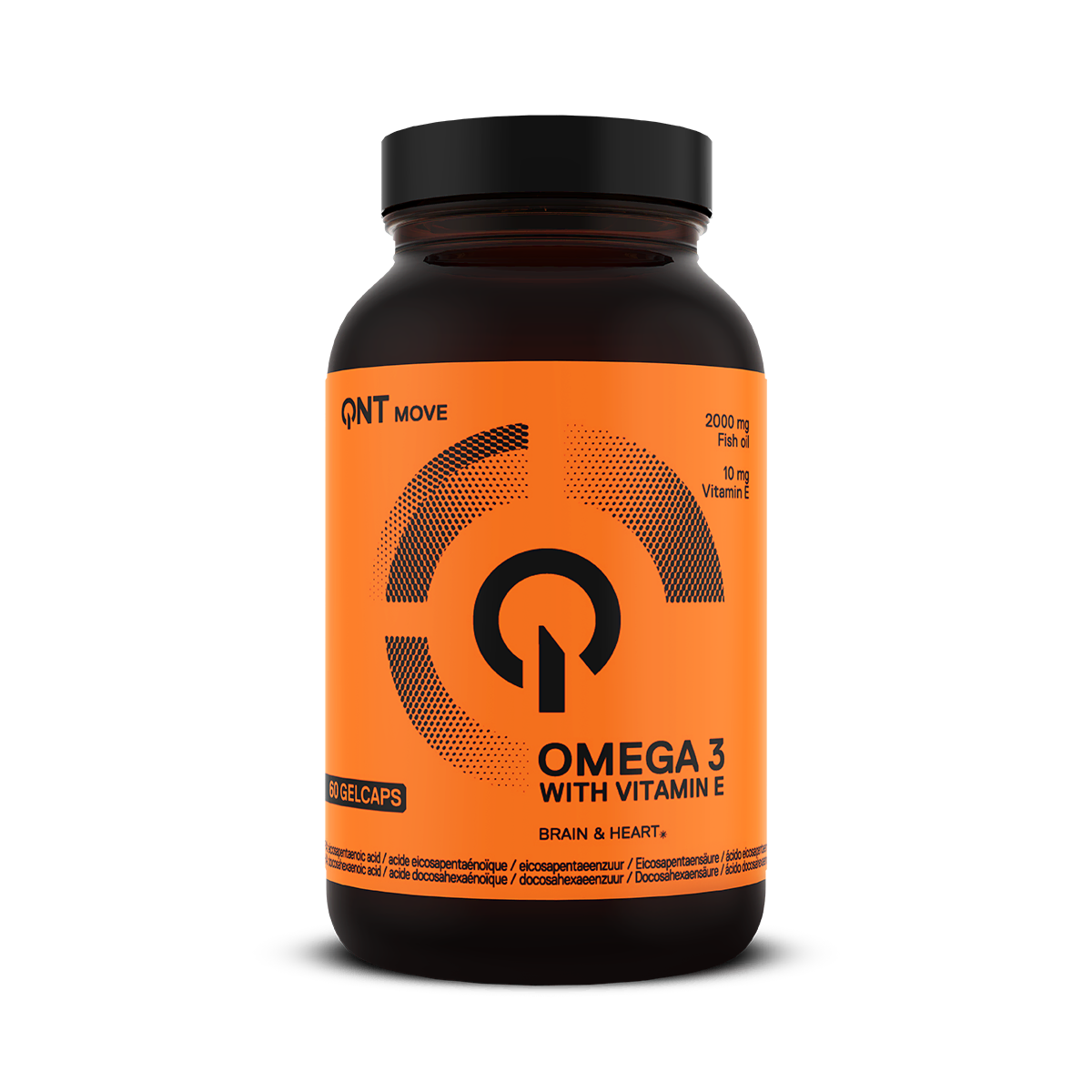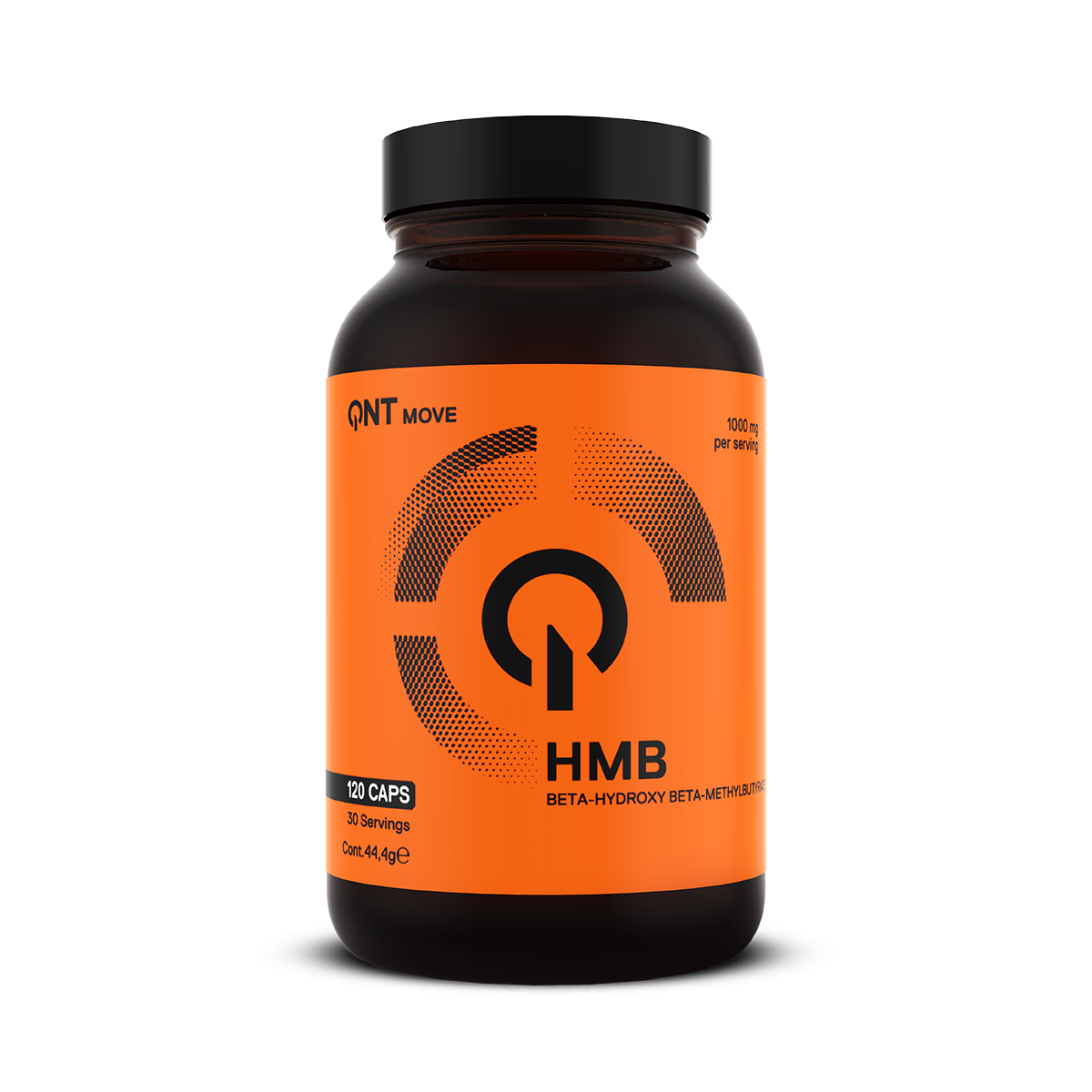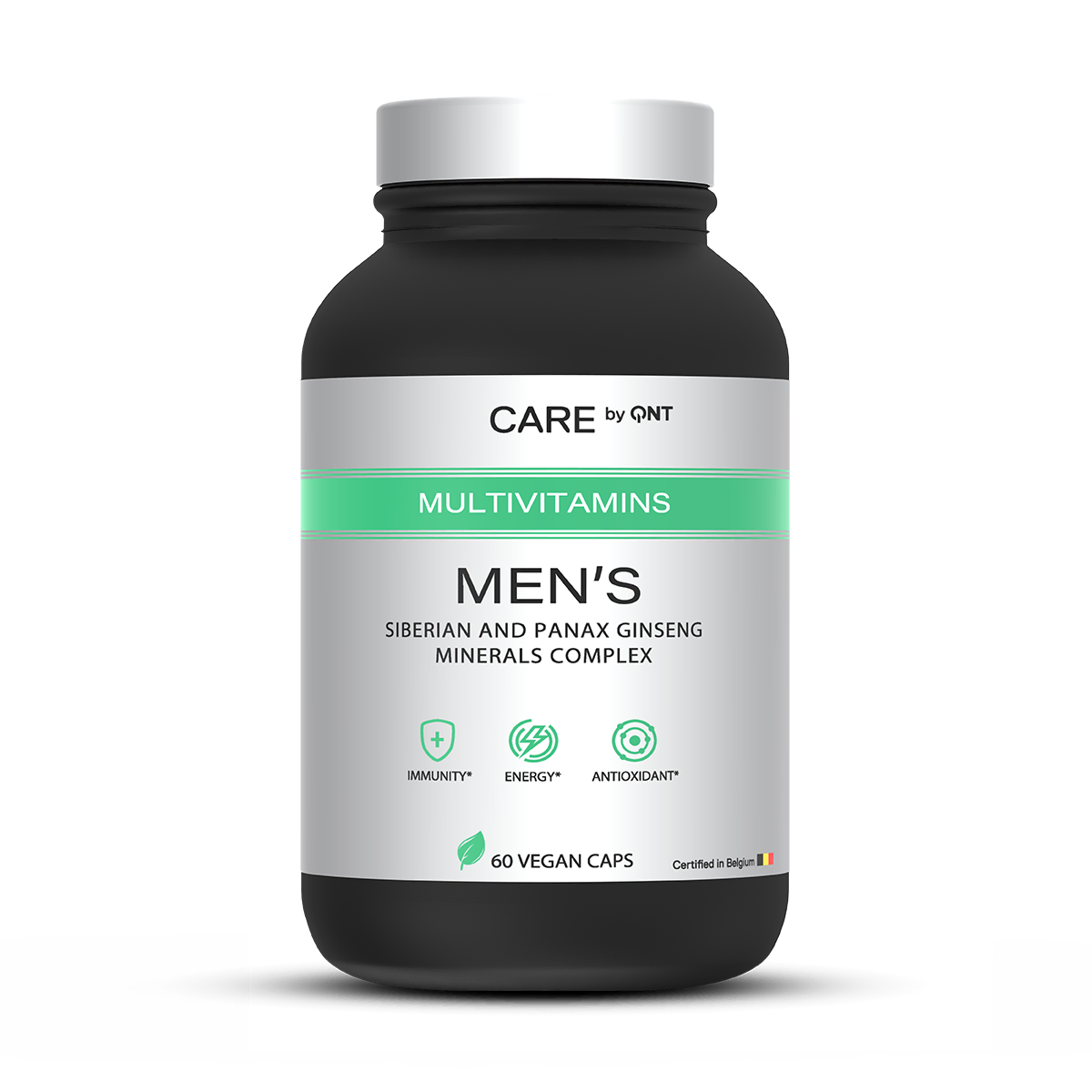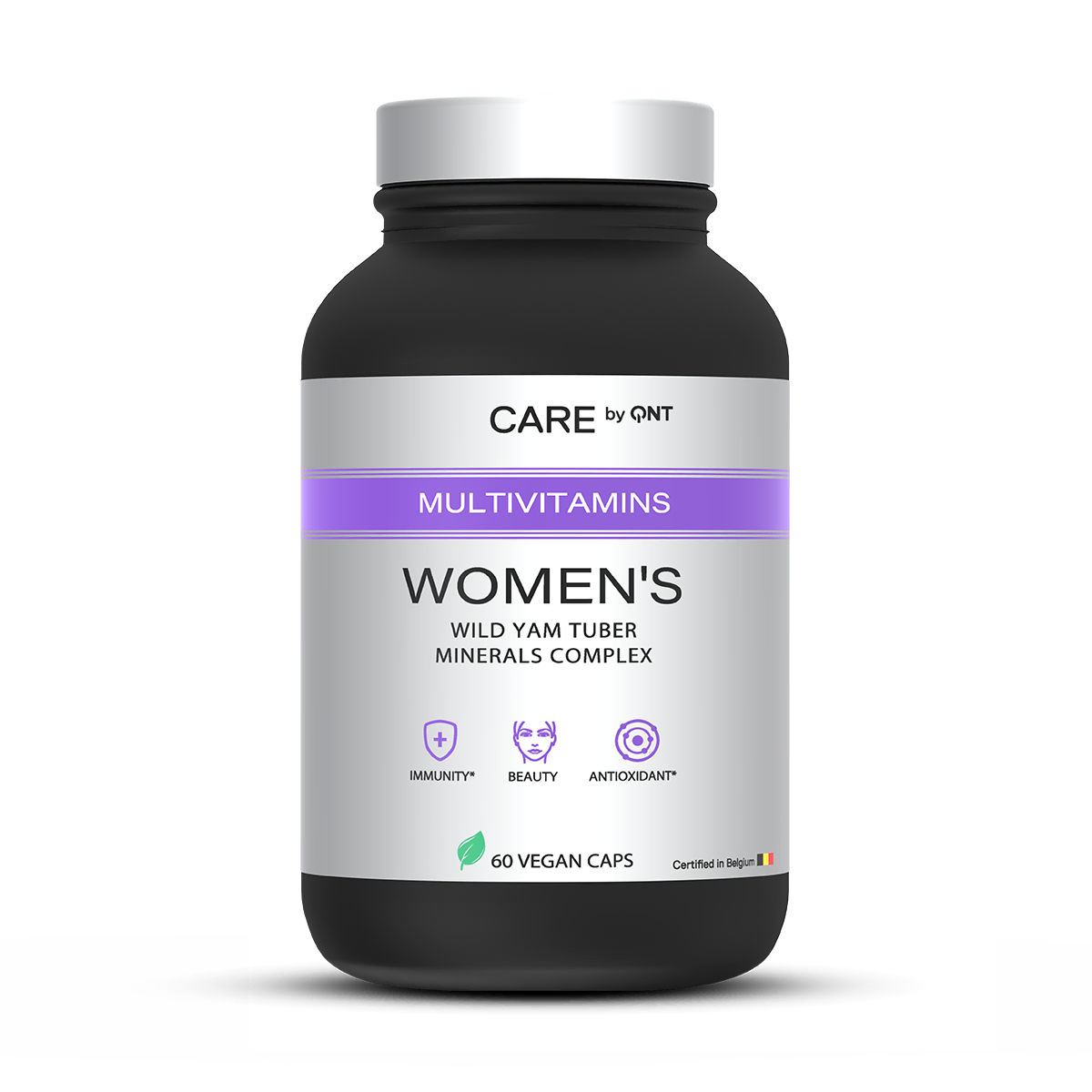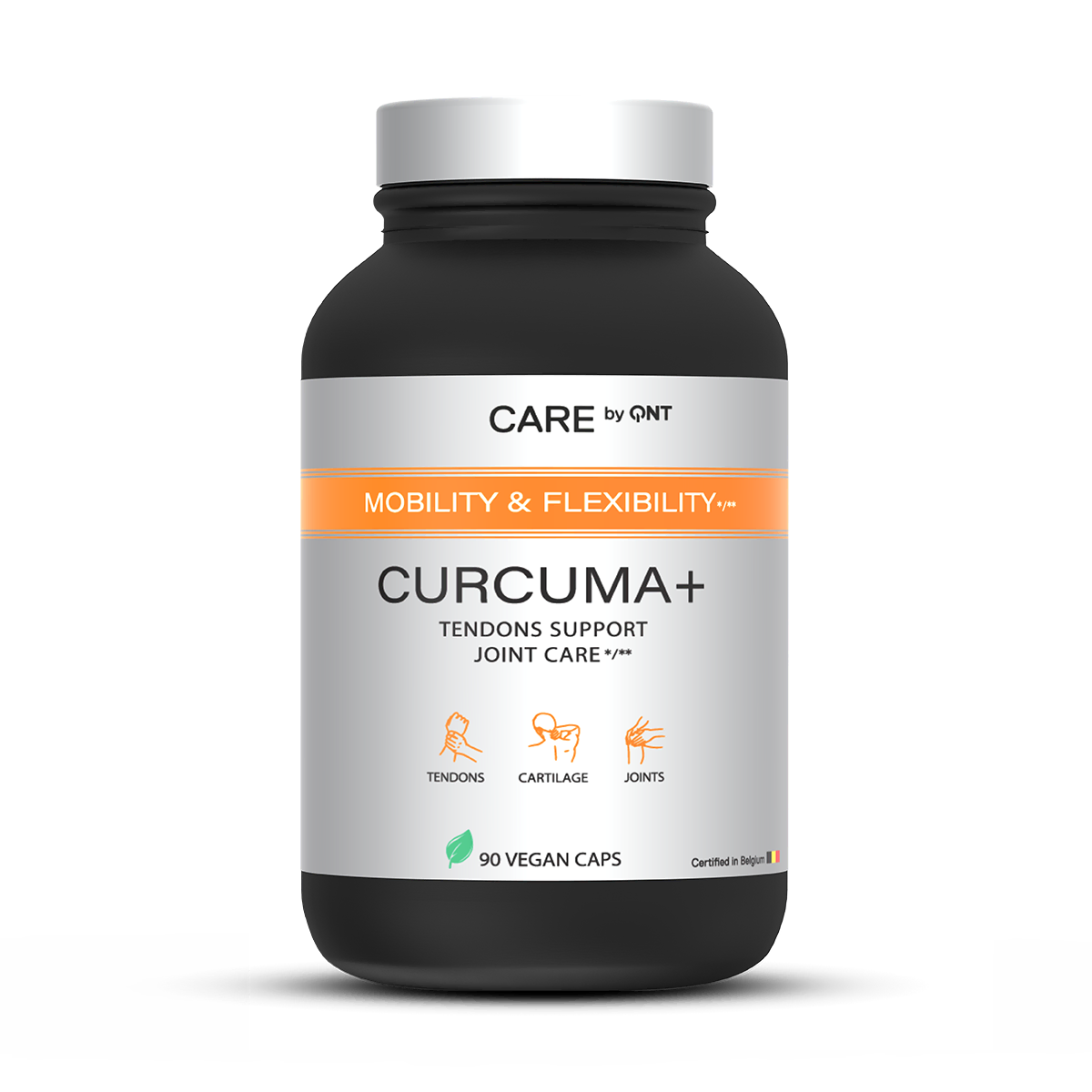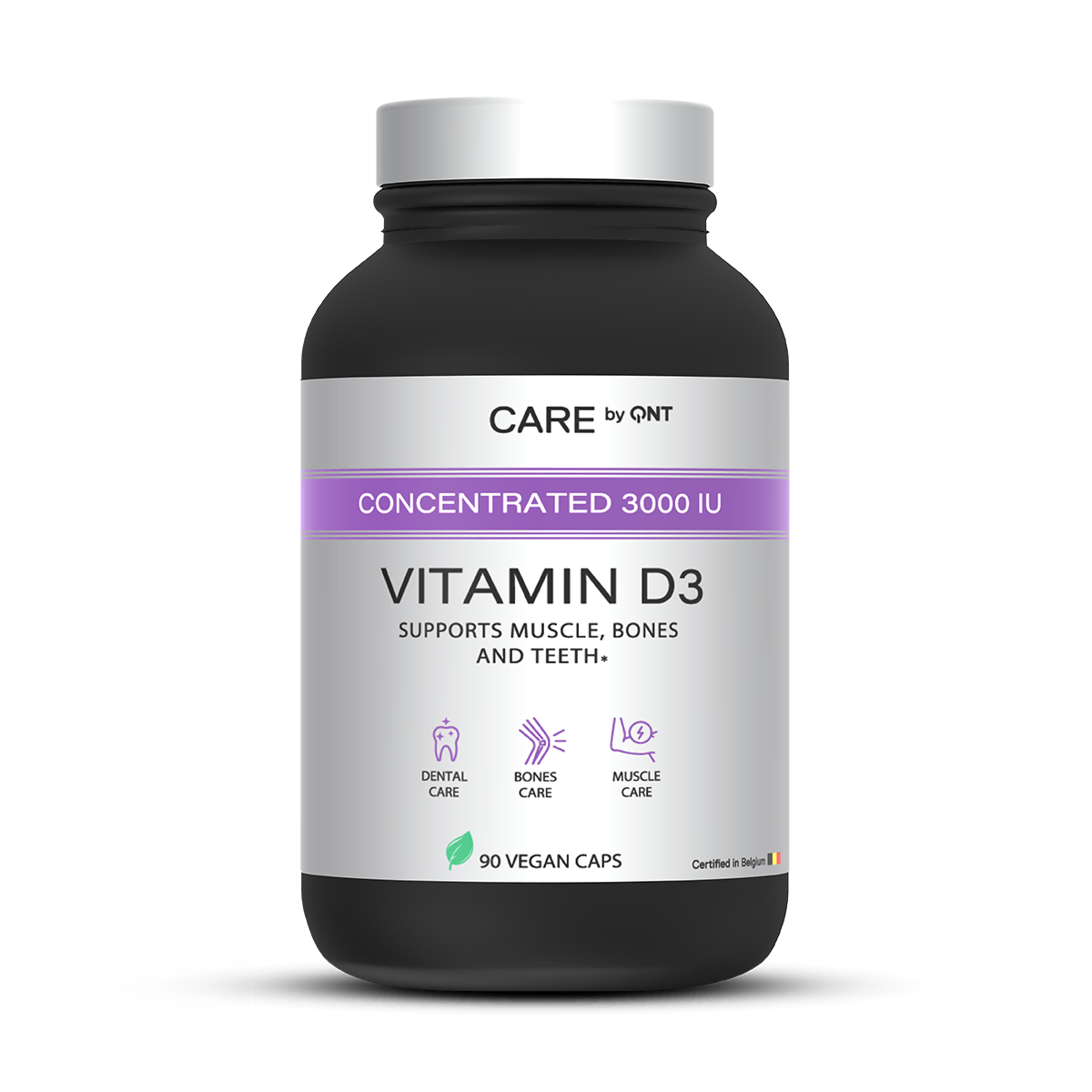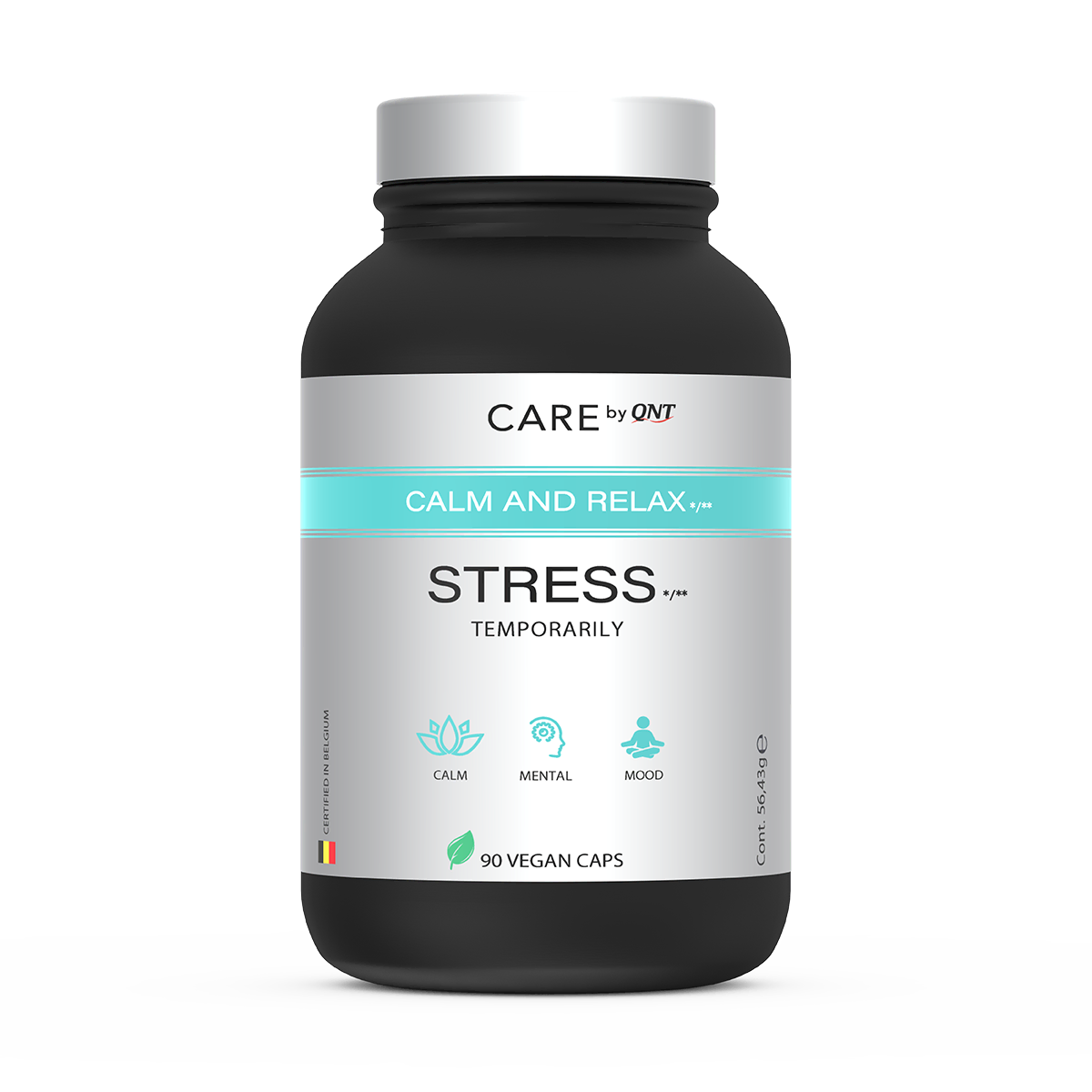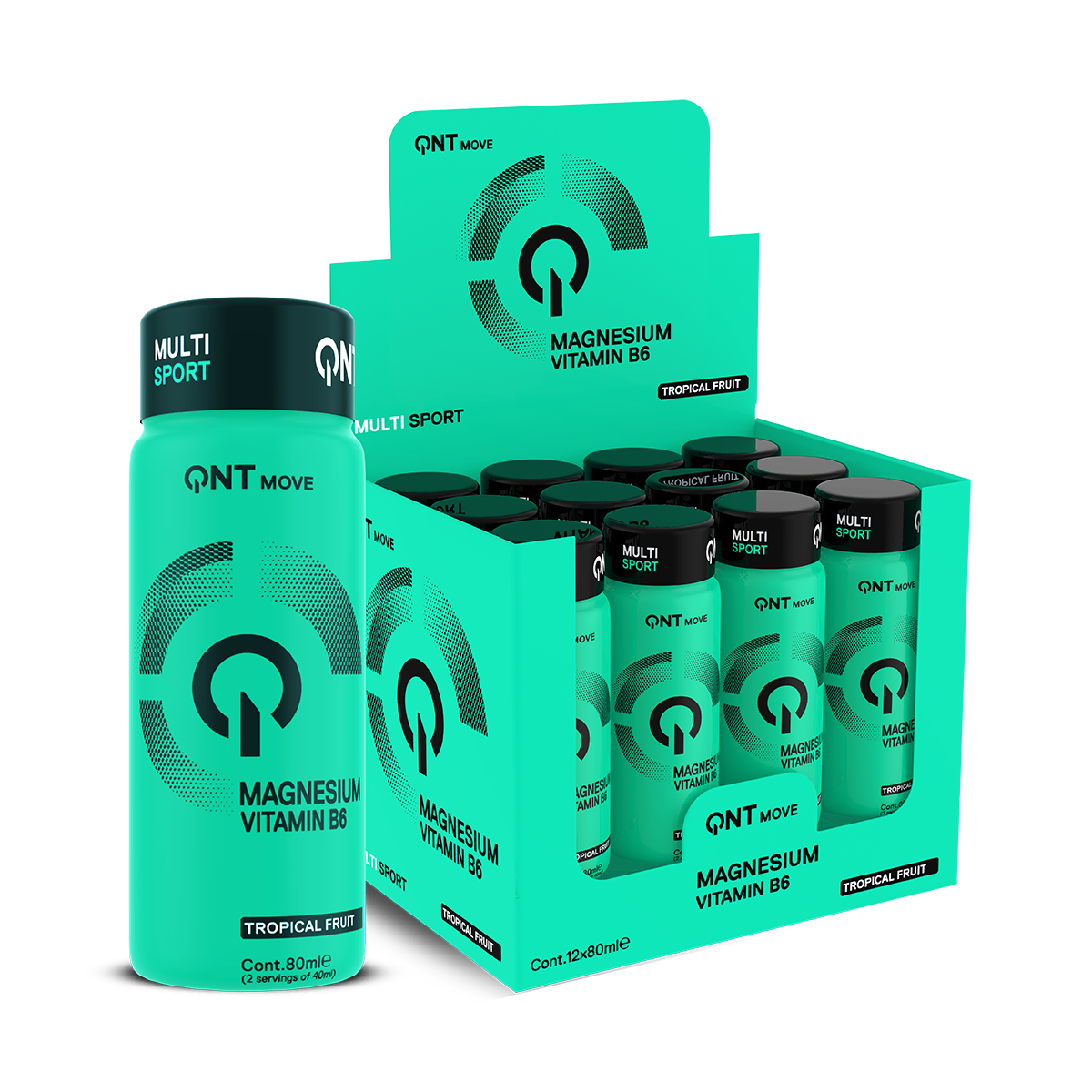Minerals play a crucial role in overall health, participating in numerous bodily functions, from building bones and teeth to regulating metabolism. Here is an overview of essential minerals and their importance:
Calcium
Role: Calcium is vital for building and maintaining healthy bones and teeth. It also plays a key role in blood clotting, nerve signal transmission, and muscle contraction.
Sources: Dairy products, leafy green vegetables (such as broccoli and kale), soft-boned fish (such as sardines and canned salmon), and fortified foods.
Phosphorus
Role: Phosphorus works alongside calcium to strengthen bones and teeth. It is also important in protein synthesis for cell and tissue growth, maintenance, and repair.
Sources: Meats, fish, milk, eggs, and legumes.
Potassium
Role: Potassium is essential for proper nerve and muscle function, including the heart muscle. It also helps maintain normal fluid balance in the body.
Sources: Bananas, oranges, potatoes, spinach, and tomatoes.
Magnesium
Role: Magnesium is crucial for over 300 enzymatic reactions in the body, including energy production, regulation of calcium, copper, zinc, potassium, and vitamin D levels, as well as DNA and protein synthesis.
Sources: Nuts, seeds, legumes, leafy greens, and whole grains.
Iron
Role: Iron is an essential component of hemoglobin, a protein in red blood cells that transports oxygen from the lungs to the rest of the body. It is also necessary for growth, development, normal cell function, and the synthesis of certain hormones.
Sources: Red meats, poultry, fish, legumes, spinach, and fortified cereals.
Zinc
Role: Zinc is important for the immune system, wound healing, cell division, and growth. It also plays a role in taste and smell.
Sources: Meats, seafood (especially oysters), pumpkin seeds, legumes, and nuts.
Iodine
Role: Iodine is crucial for the production of thyroid hormones, which regulate metabolism, growth, and the function of key organs.
Sources: Iodized salt, dairy products, seafood, and seaweed.
Selenium
Role: Selenium protects cells and tissues from damage due to its role in antioxidant defense. It is also important for thyroid function regulation and the immune system.
Sources: Brazil nuts, fish, meats, eggs, and whole grains.
Minerals are indispensable for maintaining a healthy body and must be consumed in adequate amounts. A balanced and varied diet is generally sufficient to meet most people’s mineral needs. However, in some cases, supplements may be necessary to fill nutritional gaps, especially for athletes or vegans. It is also not always possible to provide the body with all the nutrients it needs without consuming excessive amounts of food, which can lead to a calorie surplus often incompatible with fitness goals. QNT offers a range of products that can help supplement essential mineral intake, supporting a healthy and active lifestyle.
